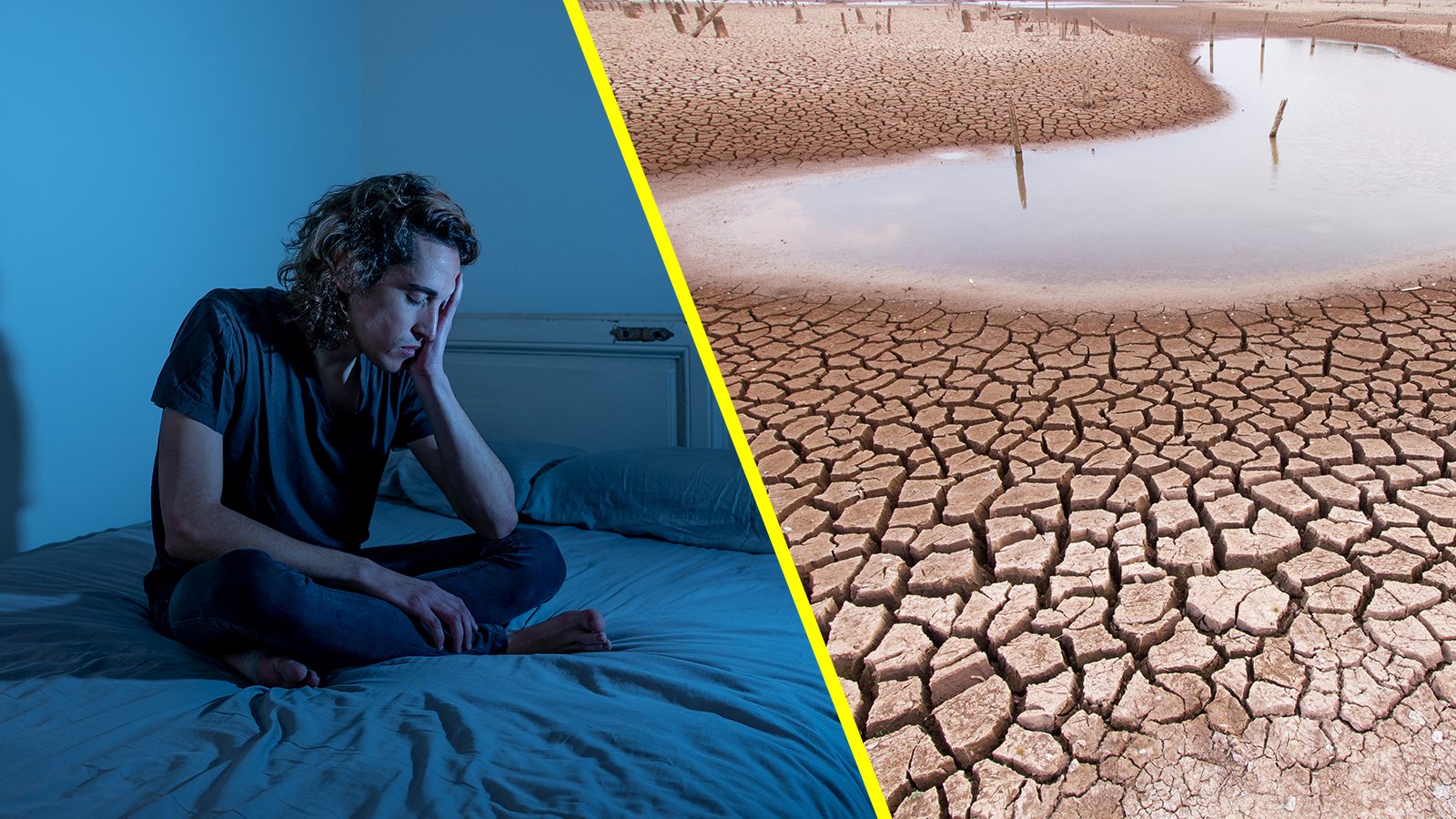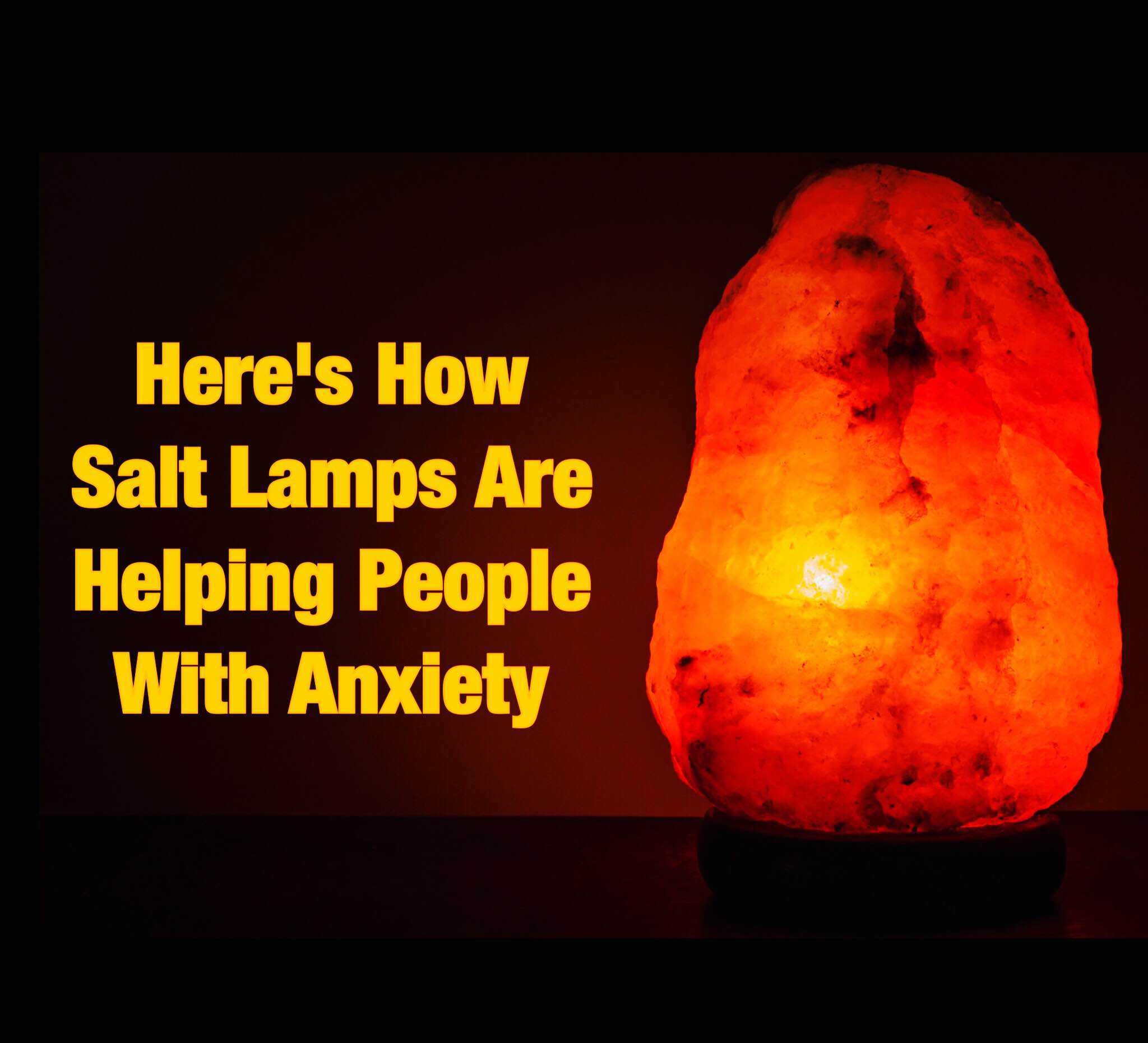When most people think about climate change, they probably don’t consider how it could impact sleep quality. Previously, most research on how climate instability affects human life focused mainly on global economic and societal consequences. Few studies have investigated the effects of climate change on fundamental physiological and behavioral human processes, such as sleep.
Many people already suffer from sleep deprivation without accounting for climate change. Sleep disorders such as insomnia have become so widespread that many experts call them a public health crisis. As temperatures rise, maintaining a comfortable sleeping environment is essential for quality rest. This is where the Efficiency Heating & Cooling Company can make a significant difference. By providing reliable heating and cooling solutions, they help create a stable indoor climate that promotes better sleep. Therefore, examining global warming’s impact on sleep is critical to start working on adaptation and mitigation strategies.
The Study That Connected Climate Change to Poor Sleep
In a study published in One Earth, researchers found that higher ambient temperatures negatively affect sleep quality worldwide. According to their findings, uncomfortable temperatures might reduce annual sleep per person by 50-58 hours by 2099. Additionally, the team discovered that sleep loss due to warmer temperatures disproportionately affects lower-income countries, the elderly, and women.
“Our results indicate that sleep–an essential restorative process integral for human health and productivity–may be degraded by warmer temperatures,” says first author Kelton Minor of the University of Copenhagen. “In order to make informed climate policy decisions moving forward, we need to better account for the full spectrum of plausible future climate impacts extending from today’s societal greenhouse gas emissions choices.”
Researchers have already established a link between dangerous heat and increased deaths and hospitalizations. They also know that warm weather reduces productivity levels. However, the biological and behavioral mechanisms producing these effects aren’t well-established.
Recent self-reported data from United States residents implies that subjective sleep quality decreases during heat waves. But before this study, the effects of rising temperatures on sleep outcomes worldwide remained a mystery. The groundbreaking research marks the first to make a clear association between climate change and disrupted sleep.
Study Discovered That Rising Temperatures Reduce Sleep Quality
“In this study, we provide the first planetary-scale evidence that warmer-than-average temperatures erode human sleep,” Minor says. “We show that this erosion occurs primarily by delaying when people fall asleep and by advancing when they wake up during hot weather.”
For the research, investigators used anonymized global sleep data from sleep-tracking wristbands. The data included 7 million nightly sleep records from over 47,000 adults spanning 68 countries on every continent except Antarctica. The sleep trackers used in this study recorded wakefulness and sleep measurements for each participant.
The study suggested that on sweltering nights (greater than 30 degrees Celsius, or 86 degrees Fahrenheit), sleep duration decreased by 14 minutes, on average. The likelihood of sleeping less than seven hours increased as temperatures climbed higher.
“Our bodies are highly adapted to maintain a stable core body temperature, something that our lives depend on,” Minor says. “Yet every night they do something remarkable without most of us consciously knowing–they shed heat from our core into the surrounding environment by dilating our blood vessels and increasing blood flow to our hands and feet.”
He added that humans only transfer heat effectively if the external environment’s temperature does not exceed ours. If the room where we sleep is too warm, our bodies must work harder to regulate their internal temperature.
Initial controlled studies in sleep labs investigated sleep quality in humans and animals. Researchers found that both stifling and freezing temperatures resulted in worse sleep. However, the team noted that the research doesn’t reflect how people would react outside the lab. In houses equipped with air conditioning and heat, humans change the thermostat to improve their sleep quality. For the best results, consider a reliable service like RC Air Conditioning to ensure your system is well-maintained and operates efficiently.
The World’s Hottest, Poorest Countries Affected the Most
The current research showed that people seemed to adapt to colder temperatures rather than warmer ones. After all, you can always add more blankets when you start to shiver. But you can only remove so many layers if you’re too hot.
“Across seasons, demographics, and different climate contexts, warmer outside temperatures consistently erode sleep, with the amount of sleep loss progressively increasing as temperatures become hotter,” Minor says.
Researchers made another important discovery: climate change seemed to impact people in developing countries severely. They believe that the lack of air conditioning in most low-income countries plays a significant role in the discrepancy. Still, the team couldn’t conclusively state the reason since they didn’t know which participants had air conditioning access.
However, the data provide convincing evidence about the unequal global impacts of climate change on sleep quality. Therefore, researchers noted that future research should focus primarily on vulnerable populations in the world’s warmest countries. That way, world leaders can allocate more resources to low-income countries that lack access to air conditioning.
In light of these findings, addressing the lack of air conditioning in vulnerable regions becomes increasingly urgent. Installing air conditioning systems in these areas could significantly improve living conditions and overall health. Lee’s Air offers expert installation and maintenance services that can help bring relief to those in need. By providing efficient and reliable air conditioning solutions, they play a crucial role in mitigating the adverse effects of climate change and enhancing comfort in homes and communities across the globe. Investing in such services ensures that individuals in the warmest and most affected areas can benefit from improved air quality and temperature control, aligning with the broader goals of global climate adaptation and resilience.
The team hopes to partner with climate scientists, technology innovators, and sleep researchers. They aim to expand the range of global sleep and behavioral analyses to include other populations. They also want to investigate how higher outdoor temperatures affect the sleep quality of incarcerated people in warm climates.
To mitigate the adverse effects of rising temperatures on sleep quality, especially in the world’s warmest regions, it’s crucial to enhance the efficiency and accessibility of HVAC systems. A a reliable service like ac tune up eastmont wa is essential in this endeavor, ensuring that air conditioning units and ventilation systems perform optimally, even under extreme conditions. Also, a trusted service like air conditioner repair gig harbor wa can provide the necessary expertise and maintenance to keep these systems running smoothly. Regular Air duct cleaning Westminster is also recommended to help improve your indoor air quality and your hvac unit’s efficiency.
Snook & Aderton HVAC Supply offers a wide range of superior components, such as advanced cooling coils, robust compressors, and energy-efficient motors, which can significantly improve the reliability and effectiveness of climate control systems. By integrating these parts into existing HVAC systems, we can better support vulnerable populations who suffer the most from climate-induced sleep disruptions.
The Danish Agency for Higher Education and Science and the Independent Research Fund Denmark supported this research.
Five Tips on Staying Cool (Even Without Air Conditioning)
If you don’t have a cooling system in your home, you can still find ways to beat the heat. However, if your outdoor ac fan not spinning, it could be a sign of a malfunction that needs to be addressed. These genius tips will help keep your home comfortable, even during a heat wave.
- Make sure your ceiling fan spins counterclockwise to move air around more efficiently.
- Use thick curtains to block unwanted sunlight from getting into your home.
- Open your windows during the evening to release stuffy air from your living space.
- Buy 100% cotton sheets and comforters rather than polyester and other synthetic fabrics.
- Create a DIY air conditioner by placing ice blocks in front of a fan. Try this to improve your sleep quality on warm summer nights!
Final Thoughts on Study Linking Global Warming to Poor Sleep Quality
Most of us have experienced climate change, from monster hurricanes or excruciating heat waves. A new study found that warmer temperatures may even reduce sleep quality, especially during the summer. People in the hottest countries who lack access to air conditioning are especially vulnerable to climate change. The researchers hope to learn more about the impacts on these populations in the future.
If you live in regions without air conditioning, please don’t lose hope. You can still find ways to stay cool with straightforward solutions, like installing a ceiling fan or using heavy curtains.


















